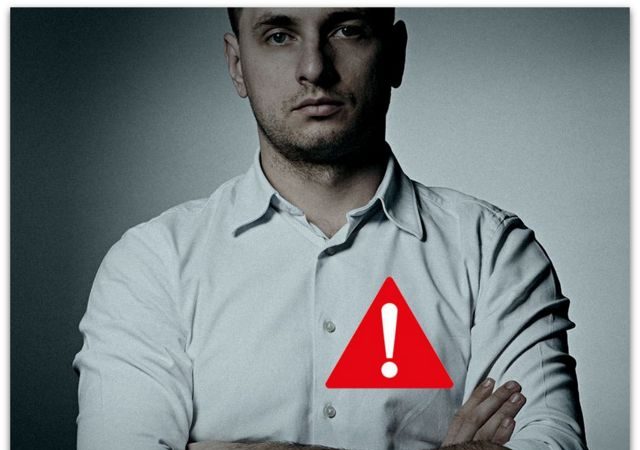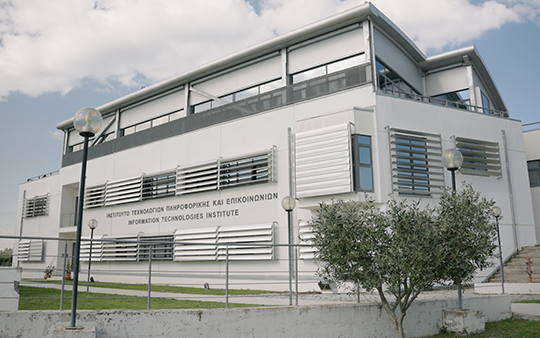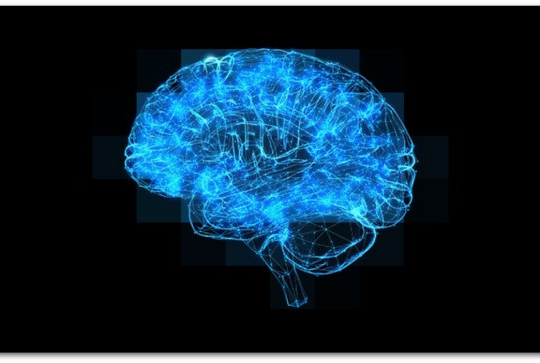
Although chest pain is a symptom most often associated with cardiovascular problems, there are a number of atypical symptoms that may indicate that something is wrong with the heart.
High blood pressure, blood clots, arrhythmias, and valve problems can cause lightheadedness, dizziness, shortness of breath, and jaw pain.
Because these symptoms are not so obviously heart-related and are associated with other medical conditions, they are often overlooked, causing people to delay life-saving emergency care.
“The usual thing that worries us is chest discomfort, but the truth is that cardiovascular problems can actually be signaled by other symptoms,” explains Dr. Rigved Tadwalkar, a board-certified cardiologist at Providence Saint John’s Health Center in Santa Monica, California.
Tingling or pain in the legs
Pain in the calves or lower legs, especially when accompanied by swelling, may be due to blood clots in the body’s deep veins, according to Tadwalkar. Swelling of the legs can also occur if the heart has trouble pumping blood around the body, causing reduced blood flow to the legs.
“Leg pain, even though it seems so far away from the heart, can actually signal that something is going on with the cardiovascular system,” Tadwalkar said.
Dr. Joyce Oen-Hsiao, a cardiologist and associate professor of clinical medicine at Yale School of Medicine in Connecticut, has treated many patients who experienced dizziness and lightheadedness.
“It often takes a bit of detective work to determine exactly what is causing these symptoms. Blood pressure abnormalities, including blood pressure that is too high or too low, can cause dizziness. “Some people will experience palpitations or extra heartbeats that can cause lightheadedness,” says Oen-Hsiao.
Severe headache
A severe headache can be a sign that something is wrong with the heart. A frontal headache with pain felt across the forehead and behind the eyes can indicate high blood pressure, according to Oen-Hsiao.
“Some people don’t feel their blood pressure, but at some point, the blood pressure gets a little too high for their brain to handle, and then they get a frontal headache and pain behind the eyes,” says Oen-Hsiao.
High blood pressure resulting in headaches can be an immediate problem, explains Tadwalkar. If the pressure is high enough and sustained long enough, blood vessels can burst.
“It’s helpful to connect with a doctor because you would want to know if your blood pressure is going up so it can be addressed before something like this happens,” Tadwalkar said.
Short breath
Shortness of breath is a symptom associated with many heart diseases.
“There are so many conditions that we evaluate and treat that have shortness of breath as a primary feature that from our perspective, as cardiologists, it’s a fairly nonspecific symptom, but it’s an important one,” Tadwalkar said.
Shortness of breath, especially during exertion, can be a sign that a person has high blood pressure. Oen-Hsiao indicated that she sees many older women who experience shortness of breath while exercising.
“Once they start exercising, their blood pressure jumps from a normal baseline to really high” and they develop shortness of breath, Oen-Hsiao explains.
Sudden shortness of breath that worsens with exertion can also be a sign of a clot in the lungs. There may be a problem with one of the heart valves, heart rhythm disorders or even heart failure.
“If the shortness of breath is sudden and severe, or if it gets progressively worse, you should see a doctor,” Tadwalkar said.
Nausea or decreased appetite
Nausea and loss of appetite can be signs of heart failure. When the heart begins to fail, fluid can accumulate in the legs and abdomen.
“When the intestines fill up with fluid, they don’t absorb nutrients well, which causes people to lose their appetite and feel full all the time,” says Oen-Hsiao.
Occasionally, nausea and abdominal discomfort are the only symptoms that patients with posterior cardiac artery blockage will experience.
“A lot of patients who have a heart attack with an artery in the back of the heart won’t actually have chest pain or shortness of breath, they’ll just get real nausea and stomach pain,” he concludes.
Pain and tightness in the jaw
Some people with cardiovascular problems will experience jaw pain and heaviness that spreads up the neck, into the jaw and down the left arm. This is more common when patients exert themselves. Oen-Hsiao explained that these symptoms could be a sign of a heart attack, but they could also be a sign of angina. People experiencing neck and jaw pain should be seen by a doctor immediately.
“Finding discomfort and nausea in the jaw, especially with ill-defined chest discomfort, although it may not initially appear to be cardiac in nature, would be something that should take someone urgently








